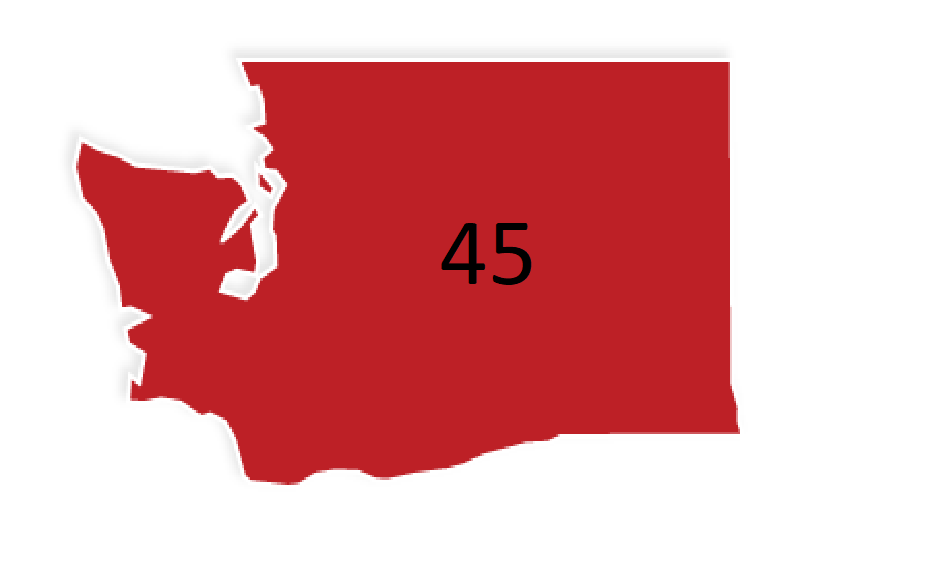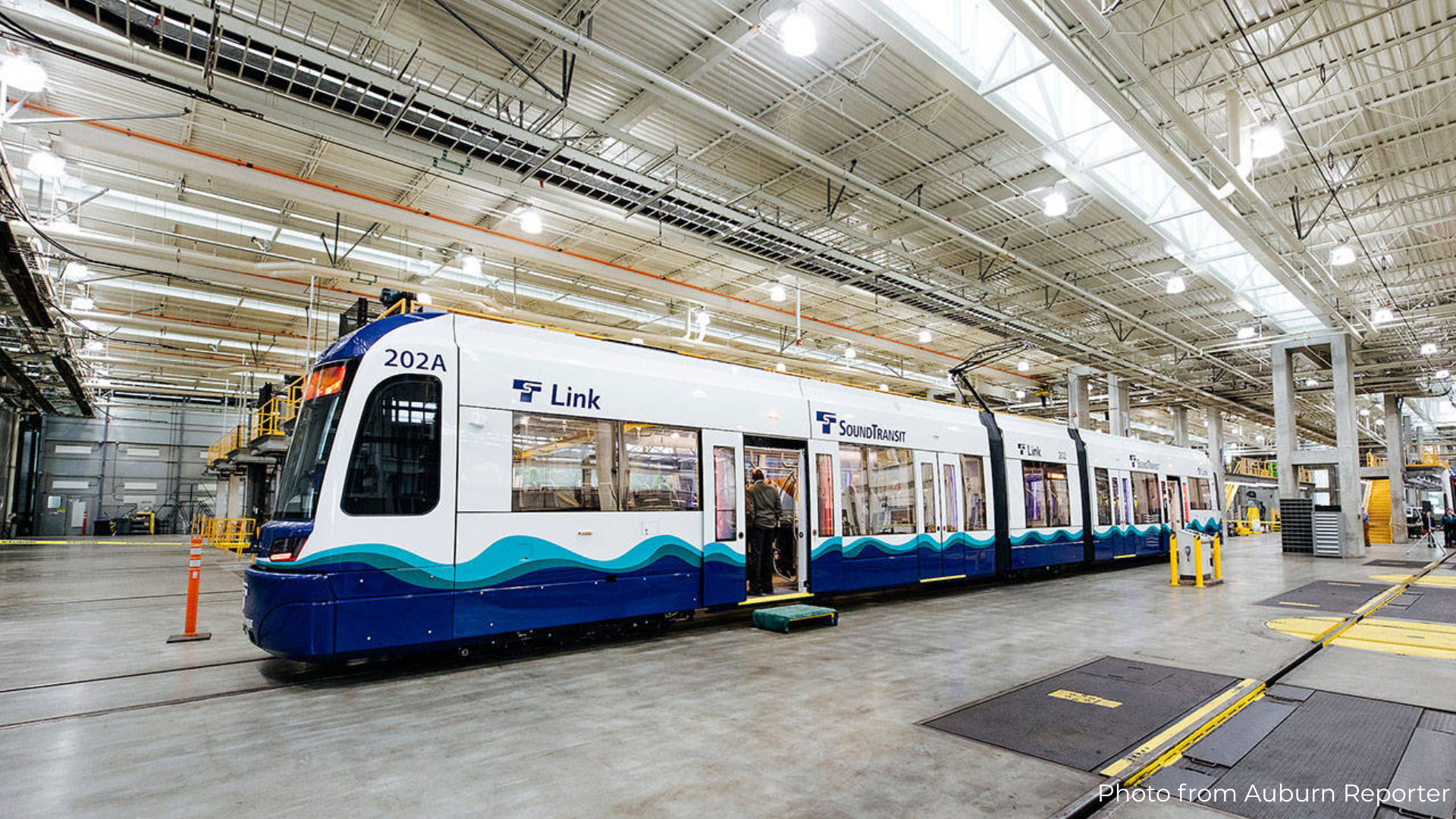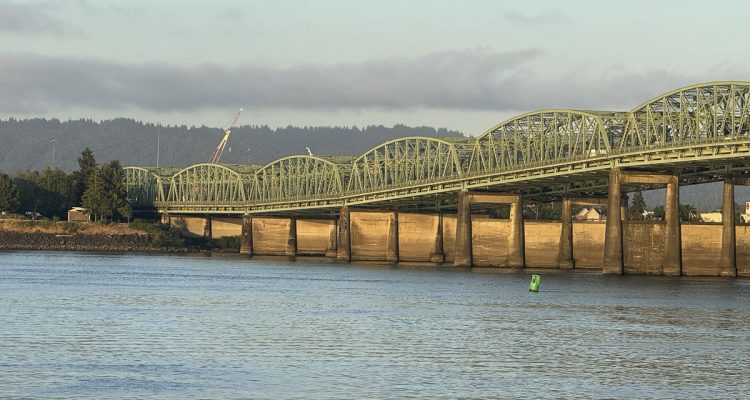Lawmakers should consider meaningful reforms before giving the state Department of Transportation additional tax revenue.
The Reason Foundation has released its 25th Annual Highway Report, in which Washington State ranks 45th in the nation in highway performance and cost-effectiveness. For comparison, California ranked 43rd, Oregon ranked 28th, and Idaho ranked 5th.
The Annual Highway Report measures highway system performance based on 13 different categories. The state’s worst rankings are in capital-bridge disbursements per mile (47th), administrative disbursements per mile (46th), and rural interstate pavement conditions (46th).
The state’s best rankings are in the categories of overall fatality rate (8th) and structurally deficient bridges (12th).
The report uses data from the INRIX Global Traffic Scorecard (2019 data) to show where each state ranks in urbanized area congestion and the peak number of hours spent in congestion per commuter. Washington ranks 39th and drivers spend 49.5 hours annually sitting in traffic.
One of the data points that stands out is Washington’s 47th ranking in maintenance disbursements. Maintenance disbursements are the costs of “routine upkeep, such as filling potholes and repaving roads.” The ranking means Washington spends the 4th most on maintenance of all states. Despite this, road conditions are still in the bottom half of all states in each of its four pavement categories.
Baruch Feigenbaum, Senior Managing Director of Transportation Policy at Reason and leading author of the report, elaborated on this point:
“Washington State overall spending is significantly above the national average, but its overall system performance – specifically its pavement condition and traffic congestion – is below average. So the state is spending a lot of money to get poor quality roads. That’s something state lawmakers and WSDOT might want to examine to see if they can improve the state’s overall performance.”
Feigenbaum also notes that, “Although it is tempting to ascribe these ratings to geography or population, a more careful review suggests that numerous factors, including terrain, climate, truck traffic volumes, urbanization and congestion, system age, budget priorities, and management and maintenance practices all significantly impact state highway performance.“ For example, Reason found that North Carolina, Texas and Virginia, which have the three largest highway systems in the nation, all rank in the top 21 this year.
This should give lawmakers pause as they head into the 2021 legislative session.
The state Joint Transportation Committee (JTC) is currently working on a statewide needs assessment to identify transportation needs and priorities and identify funding sources (new taxes) to help guide legislative decisions about a potential transportation package. Possible new revenue sources include an air quality surcharge, carbon pollution fee, employee payroll tax, and Road Usage Charge, as well as others (see Exhibit 6). Officials are also considering increases to existing revenue sources like the state gas tax and electric vehicle/hybrid fees.
Before lawmakers give the Washington State Department of Transportation (WSDOT) additional tax dollars to manage and spend, they should consider the data provided in Reason’s report. At the very least, Washington’s 45th ranking reflects poor management. Lawmakers should consider reforms (and audits) before giving WSDOT any additional tax revenue.
Read the full report here: https://reason.org/wp-content/uploads/25th-annual-highway-report.pdf
Read a summary of Washington’s ranking here: https://reason.org/policy-study/25th-annual-highway-report/washington/





